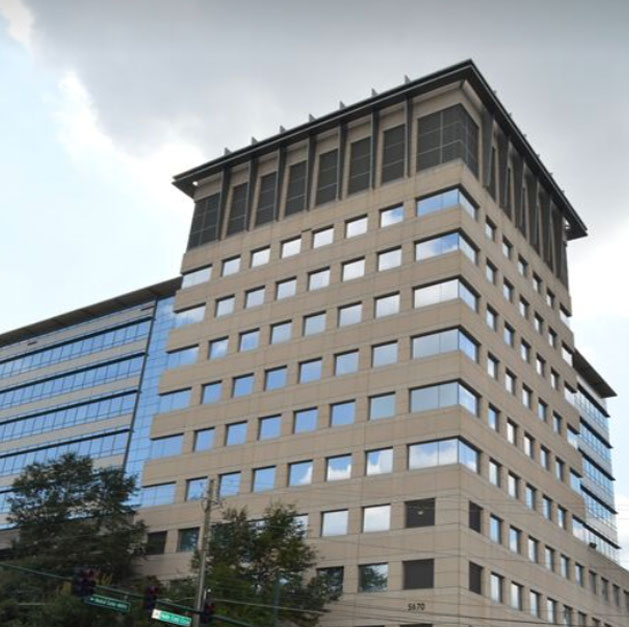Sinus pain is one of those things you don’t really think about until you’re experiencing it. Unfortunately for some people, sinus pain can be an almost constant concern. More often than not, a deviated septum is the underlying cause.
A deviated (or displaced) septum occurs when the bone and cartilage that separates the nasal cavity, known as the septum, is not centered. This is a problem that some people are born with, but also can result after an injury to the face, such as a broken nose. The septum is very thin, and therefore can be easily displaced.
The deviated septum can give rise to many issues. While nosebleeds and difficulty breathing are likely to occur, sinus pain is one of the most common and unpleasant symptoms of a deviated septum. A deviated septum contributes to this problem, because the narrowed nasal passages associated with it hinder the drainage of the nose and sinus cavities in the face. The mucus buildup in the nose provides a breeding ground for bacteria, resulting in a sinus infection. This infection, medically termed “sinusitis,” can cause extreme discomfort in the form of sinus pressure and headaches, in addition to worsening breathing problems. Some people may even experience swelling of the nasal passages or face.
Fortunately, surgery can be done to correct a deviated septum. Known as septoplasty, this is a procedure in which the surgeon realigns the septum to the center of the nasal cavity. The surgeon enters through the nostrils, cuts and moves the septum, secures the tissue, and packs the wound. A septoplasty is usually an outpatient procedure. Following recovery from the surgery, patients normally feel much less sinus pain, sincethe sinuses are no longer blocked and can better drain.
According to the American Academy of Otolaryngology, deviated septums are very common. In fact, approximately 80 percent of people have some sort of alignment problem that affects the positioning of their septum . If you are experiencing frequent sinus infection and pain, a consultation is suggested. Feel free to call our office at 404-257-7412 to schedule an appointment with Dr. Sinha.




